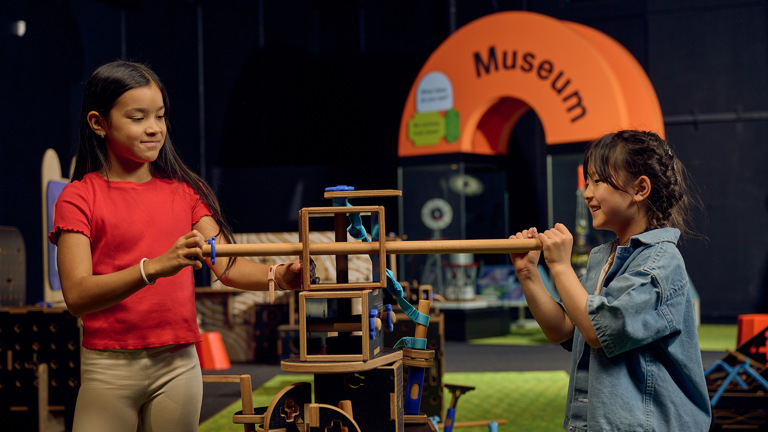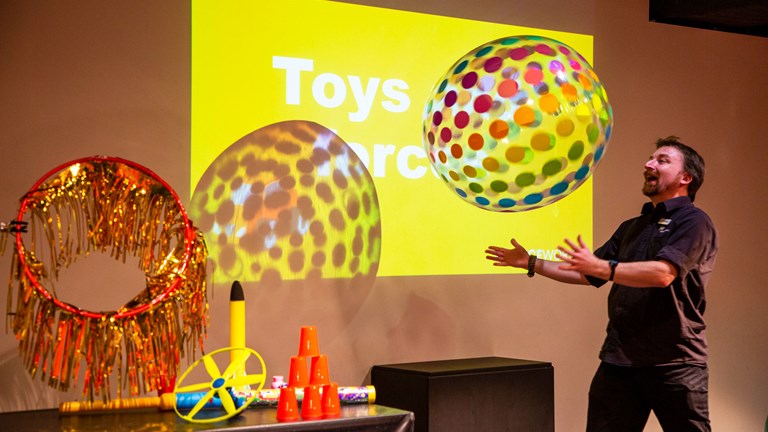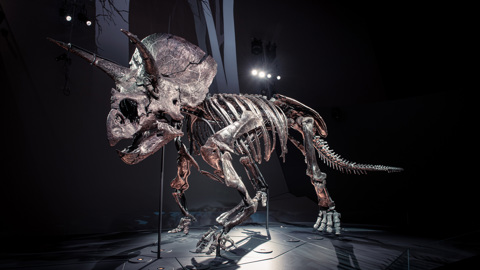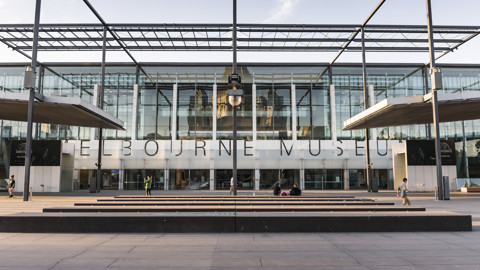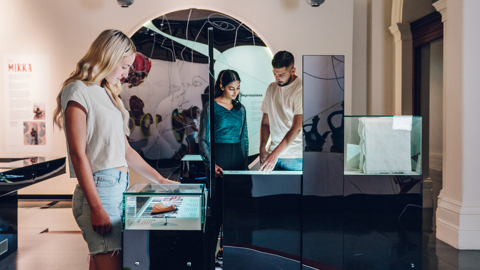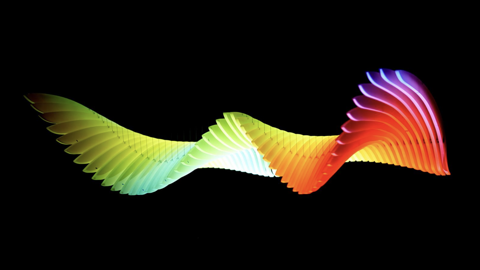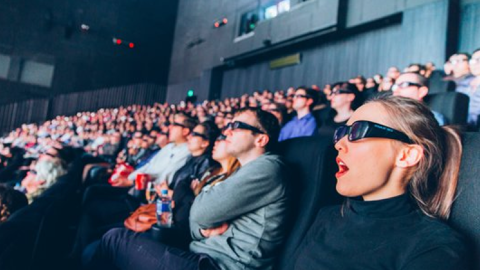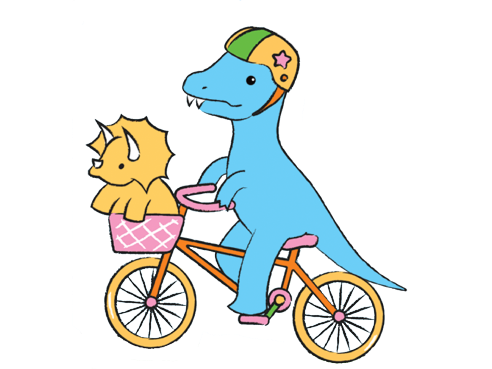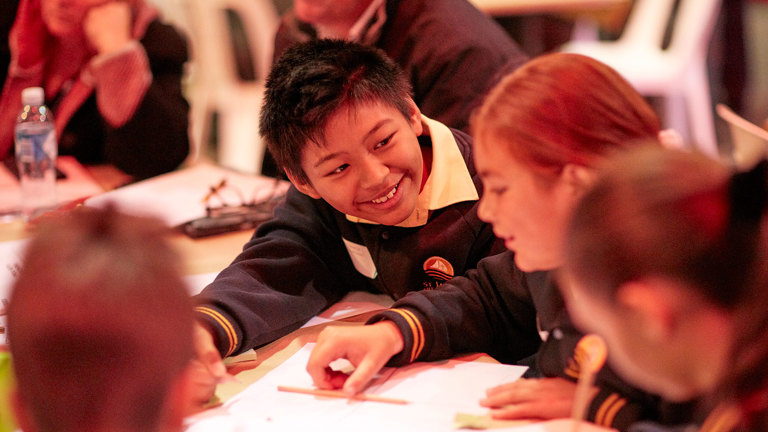
Future Humans and Cyborgs: Designing Assisted Technology
- What
- Museum Staff-led
- When
-
Term 2, Wednesday 31 May
10–3pm - Duration
Curriculum links & Accessibility & Access Fund- Year level
- Years 3 to 8
- Cost
- Free for Catholic school teachers & students, supported by the Catholic Education Commission of Victoria.
- Booking information
-
Bookings
Complete the registration form
How might technology be used to help humans in the future? Bionic ears and eyes? Assistive technology, Internal circuitry? Memory enhancements? Medication? Automated disease detections and surgery? Exoskeletons?
Social-helper robots? Students meet experts to explore the lived challenge people face and examples of technology to assist in their daily lives. They develop ideas and use technology to develop prototypes aimed at solving the issues with users in mind.
Registration is required for the STEM Design Sprint 2023.
Where: The workshops are held in the Pumping Station at Scienceworks. For information on how to get here, visit Getting here and parking.
For more information, please contact Frazer Thorpe
-
Levels 4–6
Science
- Science as a human endeavour
- Biological sciences
- Physical sciences
Science Inquiry Skills
- Planning and conducting
- Recording and processing
- Analysing and evaluating
- Communicating
Design and Technologies
- Technologies and Society
- Technologies Contexts
- Creating Designed Solutions
- Critical and Creative Thinking
- Questions and Possibilities
- Reasoning
- Meta-Cognition
Personal and Social Capability
Self-Awareness and Management
- Recognition and expression of emotions
- Development of resilience
Social Awareness and Management
- Relationships and diversity
- Collaboration
Health and Physical Education
Personal, Social and Community Health
- Being healthy, safe and active
- Communicating and interacting for health and wellbeing
- Contributing to healthy and active communities
Movement and Physical Activity
- Moving the body
- Understanding movement
- Learning through movement
Levels 7–10
Science
- Science as a human endeavour
- Biological sciences
- Physical sciences
Science Inquiry Skills
- Planning and conducting
- Recording and processing
- Analysing and evaluating
- Communicating
Design and Technologies
- Technologies and Society
- Technologies Contexts
- Engineering principles and systems
- Materials and technologies specialisations
- Creating Designed Solutions
Critical and Creative Thinking
- Questions and Possibilities
- Reasoning
- Meta-Cognition
Health and Physical Education
Personal, Social and Community Health
- Communicating and interacting for health and wellbeing
- Contributing to healthy and active communities
Movement and Physical Activity
- Moving the body
- Understanding movement
- Learning through movement
Personal and Social Capability
Self-Awareness and Management
- Recognition and expression of emotions
- Development of resilience
Social Awareness and Management
- Relationships and diversity
- Collaboration
